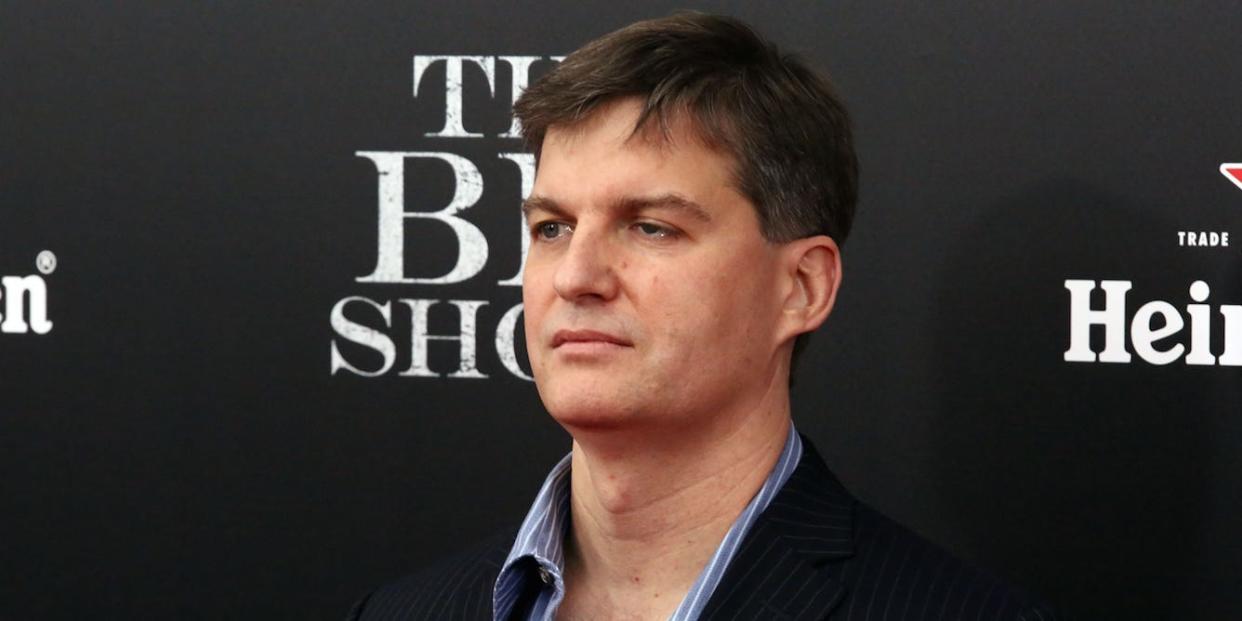'Big Short' investor Michael Burry says crypto reserve reviews like Binance's are 'essentially meaningless'

- Oops!Something went wrong.Please try again later.
Michael Burry commented on news that the accountant that produced Binance's proof-of-reserves report would halt all work for crypto firms.
The legendary "Big Short" investor described proof of reserves, which has been popularized since FTX's implosion, as "essentially meaningless."
Burry was one of the first investors who predicted the subprime mortgage crisis.
Michael Burry, the legendary investor who foresaw the subprime mortgage crisis, is wary of so-called proof of reserves that crypto exchanges have touted since FTX crashed.
The "Big Short" former hedge fund manager tweeted on Friday that such reviews on a firm's digital holdings are "essentially meaningless."
"In 2005 when I started using a new kind of credit default swap, our auditors were learning on the job," Burry tweeted on Friday. "That's not a good thing. Same goes for FTX, Binance, etc. The audit is essentially meaningless."
—Cassandra B.C. (@michaeljburry) December 16, 2022
The tweet came as a comment on news that Mazars, the French accounting firm used by Binance and other larger players in the space to produce proof-of-reserves reports, halted all work with crypto-related clients on Friday.
Binance in particular has touted proof of reserves as a way to assure customers that their assets are secure in an effort to boost transparency amid the FTX scandal.
But critics have said that proof of reserves doesn't provide a complete picture of a company's risks and can be misleading.
There's been a thunderous cry for audits of major crypto firm's following the collapse of FTX, the once $32 billion empire started by Sam Bankman-Fried.
FTX filed for bankruptcy last month after a Coindesk report revealed that FTX's native token FTT was being used to prop up Bankman-Fried's quant trading firm Alameda Research. The embattled firm lost $8 billion of customer money as a result.
Read the original article on Business Insider

